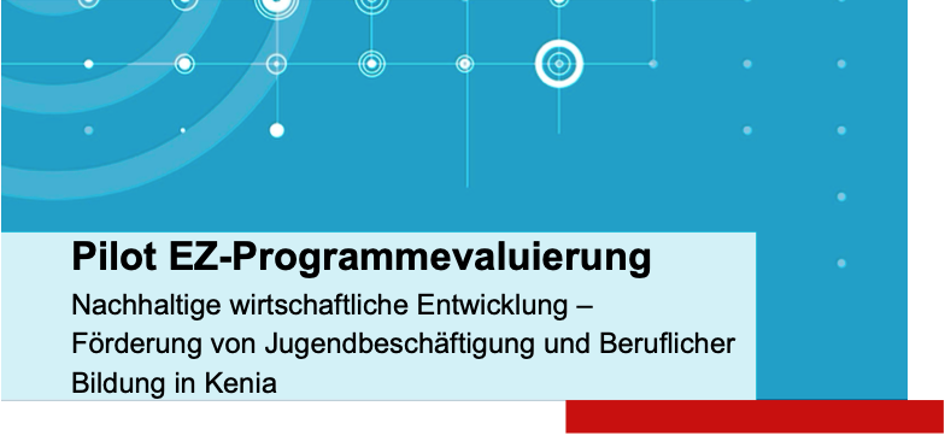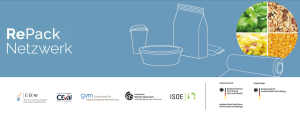While German governmental development cooperation (DC) projects and their country portfolios are regularly evaluated according to the so-called OECD-DAC criteria[1]
After CEval had already developed a first draft concept for such a format last year on behalf of the Deutsche Gesellschaft für Internationale Zusammenarbeit (GIZ), it was now piloted in Kenya on the program “Sustainable Economic Development – Promotion of Youth Employment and Vocational Training”. With this pilot DC program evaluation, CEval is doing pioneering work, as this is the first time that findings have been generated that serve the BMZ for the strategic steering of DC programs. Another central task of the pilot was the collection of experience for the further development of the draft concept, the revised version of which is currently being coordinated with the BMZ and the implementing organizations.
The OECD-DAC criteria, which were first published in 1991 by the Development Assistance Committee (DAC) of the Organisation for Economic Co-operation and Development (OECD) and adopted by the BMZ, are referred to as the test criteria of relevance, coherence, effectiveness, efficiency and sustainability, according to which development policy measures are evaluated worldwide.




